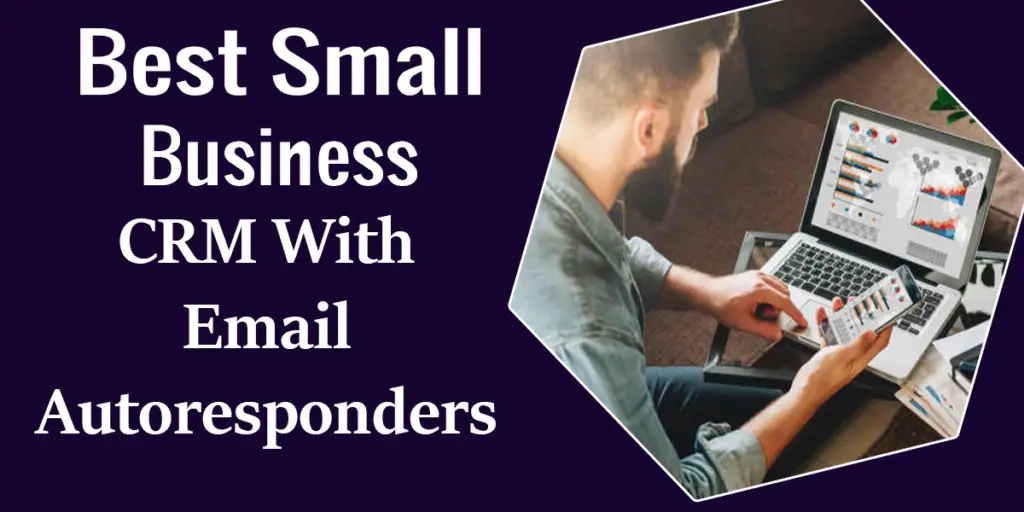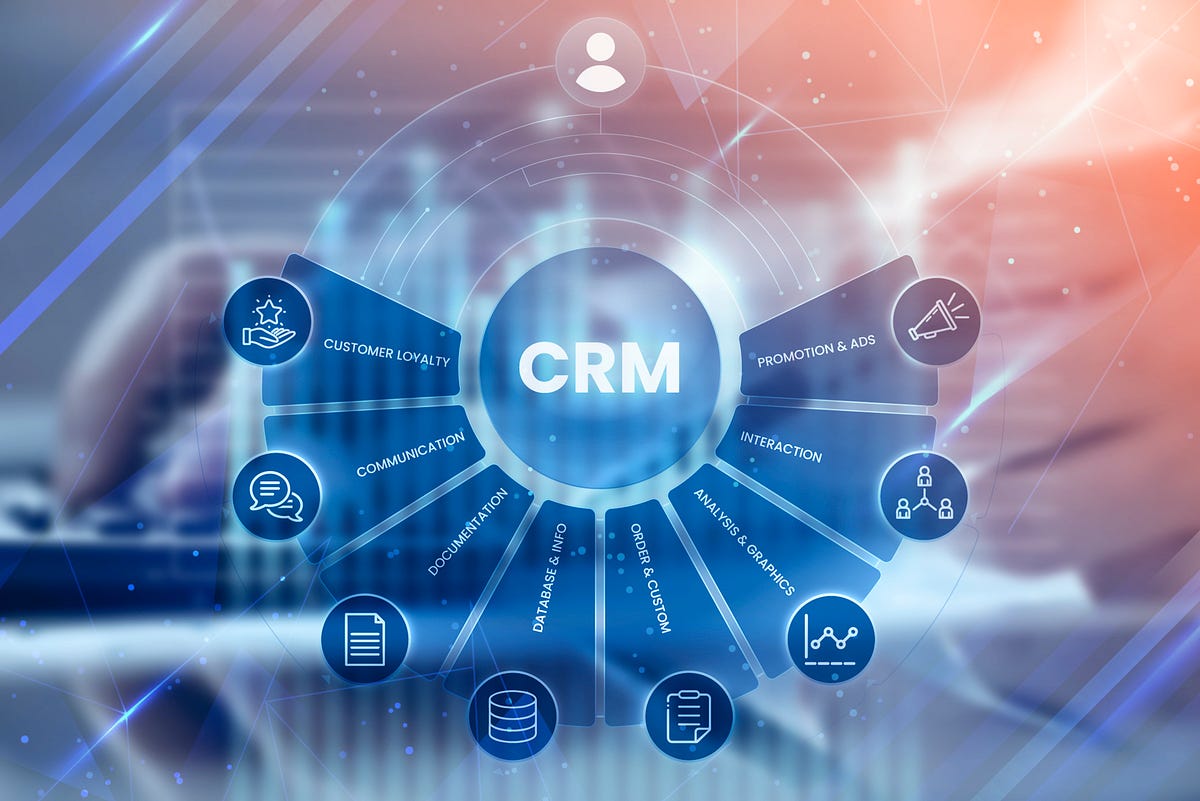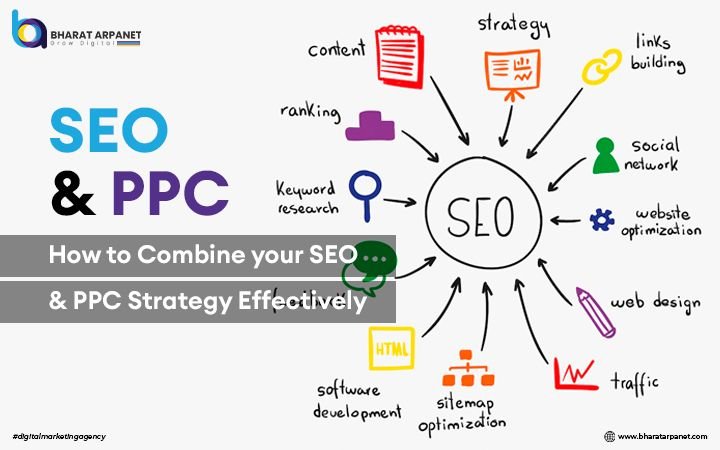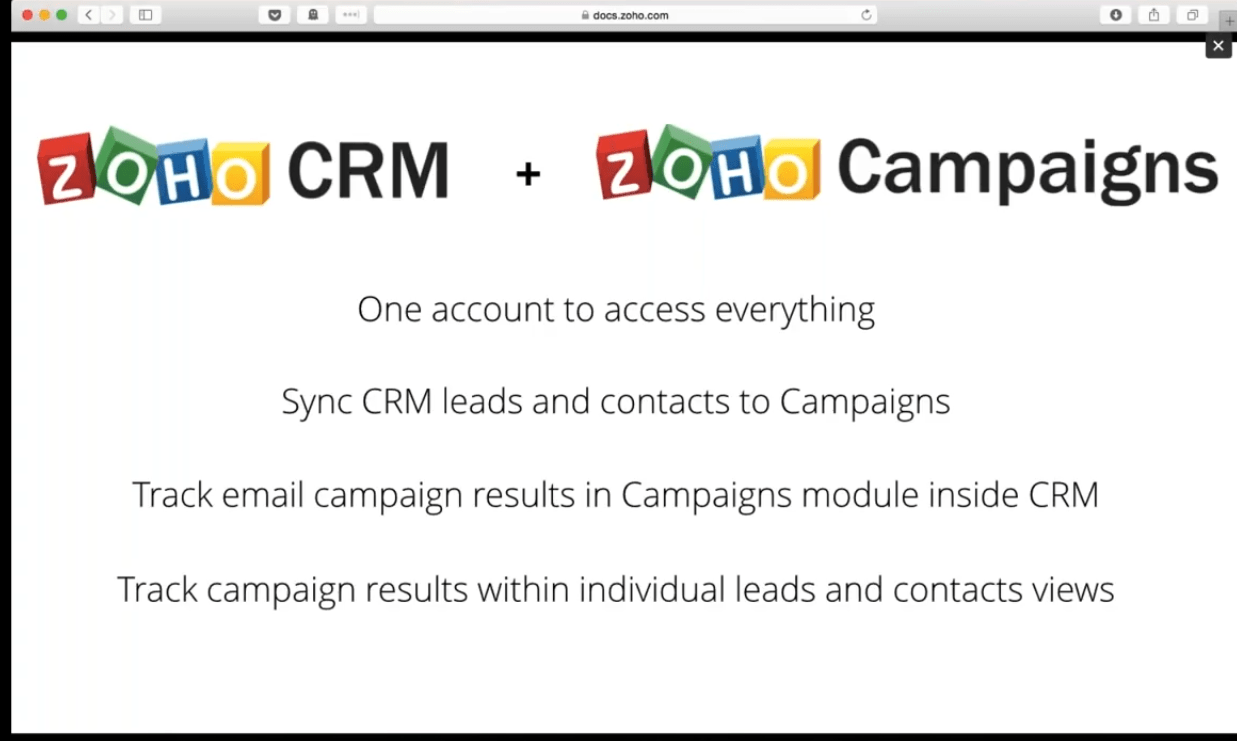Small Business CRM Support: A Comprehensive Guide to Choosing, Implementing, and Maximizing CRM Success

Small Business CRM Support: Your Ultimate Guide to Success
Running a small business is a whirlwind of activity. You’re juggling everything from product development and marketing to sales and customer service. In the midst of it all, it’s easy for things to get lost in the shuffle. That’s where a Customer Relationship Management (CRM) system comes in. But simply *having* a CRM isn’t enough. You need solid small business CRM support to ensure you’re actually getting the benefits you need. This comprehensive guide will walk you through everything you need to know about CRM support for small businesses, from choosing the right system to maximizing its impact on your bottom line.
Why is CRM Support Crucial for Small Businesses?
Before we dive into the specifics, let’s talk about why CRM support is so vital, especially for smaller operations. Think of your CRM as the central nervous system of your customer interactions. It’s where you store customer data, track interactions, and manage your sales pipeline. Without proper support, this system can become a source of frustration rather than a tool for growth. Here’s why strong CRM support is non-negotiable:
- Implementation Challenges: Setting up a CRM can be complex. Support helps you navigate the initial setup, data migration, and customization process.
- User Adoption: If your team doesn’t know how to use the CRM effectively, it’s useless. Support provides training and resources to ensure user adoption.
- Technical Issues: Technical glitches and troubleshooting are inevitable. Reliable support provides quick solutions to keep your system running smoothly.
- Maximizing ROI: CRM support ensures you’re using all the features and functionalities of your CRM to their fullest potential, maximizing your return on investment.
- Staying Up-to-Date: CRMs are constantly evolving. Support keeps you informed about updates, new features, and best practices.
Choosing the Right CRM for Your Small Business
The first step is selecting the right CRM system. There’s a vast array of options available, each with its own strengths and weaknesses. Here’s how to choose the best fit for your small business:
1. Assess Your Needs
Before you start comparing CRM systems, take a good look at your business needs. What are your primary goals? What specific problems are you trying to solve? Consider these questions:
- Sales Process: How do you manage leads? How do you track deals? What are your sales targets?
- Marketing Efforts: What marketing channels do you use? Do you need features like email marketing integration or social media management?
- Customer Service: How do you handle customer inquiries? Do you need features like a help desk or live chat?
- Reporting and Analytics: What data do you need to track? What reports are important for your business?
- Integration: Do you need your CRM to integrate with other tools you use, such as accounting software or e-commerce platforms?
Answering these questions will help you create a clear picture of your CRM requirements.
2. Research and Compare CRM Systems
Once you know your needs, it’s time to research different CRM options. Here are some popular choices for small businesses, along with their key features:
- HubSpot CRM: A popular choice for its user-friendly interface and free version. It offers sales, marketing, and customer service tools. Great for startups and businesses looking for a simple, yet powerful CRM.
- Zoho CRM: A feature-rich CRM with a focus on sales, marketing, and customer support. It offers a wide range of integrations and customization options. Ideal for growing businesses that need a robust solution.
- Salesforce Sales Cloud: A powerful CRM platform with a wide range of features and customization options. Best suited for larger small businesses and those with complex needs, but can be more expensive.
- Pipedrive: Focused on sales pipeline management, Pipedrive is a great option for sales-driven businesses. It’s known for its intuitive interface and ease of use.
- Freshsales: Part of the Freshworks suite, Freshsales offers a user-friendly interface and a focus on sales automation.
When comparing systems, consider factors like:
- Pricing: What are the monthly or annual costs? Are there different pricing tiers with varying features?
- Features: Does the CRM offer the features you need, such as lead management, contact management, sales automation, and reporting?
- Ease of Use: Is the interface intuitive and easy to navigate? Will your team be able to learn the system quickly?
- Integrations: Does the CRM integrate with the other tools you use, such as email marketing platforms, accounting software, and e-commerce platforms?
- Scalability: Can the CRM grow with your business? Does it offer advanced features as your needs evolve?
- Support: What kind of support is offered? Is there online documentation, email support, phone support, or live chat?
3. Consider Your Budget
CRM systems range in price from free to several hundred dollars per user per month. Determine your budget and look for systems that fit within your financial constraints. Remember to factor in the cost of implementation, training, and ongoing support.
4. Read Reviews and Testimonials
See what other small businesses are saying about the CRM systems you’re considering. Read online reviews and testimonials to get insights into real-world experiences. This can help you identify potential pros and cons that might not be immediately apparent.
5. Take Advantage of Free Trials and Demos
Most CRM systems offer free trials or demos. This is a great way to test out the system and see if it’s a good fit for your business. Use the trial period to explore the features, experiment with the interface, and get a feel for how the system works.
Implementing Your CRM: A Step-by-Step Guide
Once you’ve chosen your CRM, the next step is implementation. This is where CRM support becomes especially crucial. Here’s a step-by-step guide to help you implement your CRM successfully:
1. Planning and Preparation
Before you start setting up your CRM, take the time to plan your implementation strategy. Define your goals, identify your key users, and create a timeline. Here are some things to consider:
- Data Migration: How will you migrate your existing customer data into the CRM? Will you need to clean up your data before importing it?
- Customization: What customizations will you need to make to the CRM to fit your specific business needs?
- Training: How will you train your team to use the CRM effectively?
- Integration: What other tools will you integrate with your CRM?
- Data Security: How will you ensure that your customer data is secure?
2. Data Migration
Migrating your data is a critical step. It’s important to import your data accurately and efficiently. Here’s how to do it:
- Clean Your Data: Before you import your data, clean it up. Remove duplicates, correct errors, and standardize your formatting.
- Choose a Migration Method: Most CRM systems offer a data import tool. You may also be able to use a third-party data migration service.
- Map Your Data: Map your data fields from your existing system to the corresponding fields in your CRM.
- Test Your Import: Before importing all of your data, test the import process with a small sample of data.
- Import Your Data: Once you’re satisfied with the test import, import your entire data set.
- Verify Your Data: After importing your data, verify that it has been imported correctly.
3. Customization
Customize your CRM to fit your specific business needs. This may involve:
- Adding Custom Fields: Add custom fields to store data that is specific to your business.
- Creating Custom Reports: Create custom reports to track the metrics that are important to you.
- Configuring Workflows: Automate tasks, such as sending emails or updating deal stages, using workflows.
- Integrating with Other Tools: Integrate your CRM with other tools you use, such as email marketing platforms, accounting software, and e-commerce platforms.
4. Training and User Adoption
Training your team is essential for successful CRM implementation. Here’s how to ensure user adoption:
- Provide Comprehensive Training: Train your team on all aspects of the CRM, including its features, functionalities, and best practices.
- Create Training Materials: Develop training materials, such as user manuals, video tutorials, and cheat sheets.
- Offer Ongoing Support: Provide ongoing support to your team to answer their questions and help them troubleshoot any issues.
- Encourage User Adoption: Encourage your team to use the CRM regularly and reward them for their efforts.
5. Testing and Refinement
After implementation, test your CRM thoroughly. Identify any issues and make adjustments as needed. Continuously refine your processes to optimize your CRM usage.
Maximizing Your CRM’s Potential: Key Support Areas
Once your CRM is up and running, ongoing support is critical for maximizing its potential. Here are some key areas where you’ll need support:
1. Technical Support
Technical support is essential for resolving any technical issues that may arise. This includes:
- Troubleshooting: Help with troubleshooting any technical glitches or errors.
- System Maintenance: Assistance with system maintenance, such as updates and backups.
- Integration Support: Support with integrating your CRM with other tools.
2. Training and Onboarding
Ongoing training is important for ensuring that your team is using the CRM effectively. This includes:
- New User Onboarding: Training new users on how to use the CRM.
- Advanced Training: Providing advanced training on specific features and functionalities.
- Best Practices: Sharing best practices for using the CRM.
3. Data Management
Effective data management is crucial for maintaining the accuracy and integrity of your customer data. This includes:
- Data Migration: Assistance with migrating data from other systems.
- Data Cleansing: Help with cleaning and organizing your data.
- Data Security: Guidance on data security best practices.
4. Customization and Configuration
As your business grows, you may need to customize your CRM to meet your evolving needs. This includes:
- Adding Custom Fields: Adding custom fields to track specific data.
- Creating Custom Reports: Creating custom reports to analyze your data.
- Configuring Workflows: Automating tasks and processes.
5. Optimization and Performance
Regularly review your CRM usage and identify areas for improvement. This includes:
- Performance Monitoring: Monitoring the performance of your CRM.
- Process Optimization: Identifying and optimizing your CRM processes.
- Feature Utilization: Ensuring that you’re using all of the features of your CRM to their fullest potential.
Types of CRM Support for Small Businesses
CRM support comes in various forms. Choosing the right type of support depends on your specific needs and budget:
- Vendor-Provided Support: Most CRM vendors offer support directly. This can include online documentation, email support, phone support, and live chat.
- Third-Party Support: Many third-party companies specialize in CRM support. They can provide a range of services, including implementation, customization, training, and ongoing support.
- Consultants: CRM consultants can provide expert advice and guidance on all aspects of CRM, from choosing the right system to maximizing its potential.
- Online Resources: There are many online resources available, such as blogs, forums, and tutorials, that can provide helpful information and support.
Consider the level of support offered by each option. Some vendors offer comprehensive support packages, while others provide more limited support. Third-party support providers and consultants can offer more personalized and tailored services. Online resources are a great source of information, but they may not provide the same level of support as a vendor or third-party provider.
Tips for Choosing a CRM Support Provider
Selecting the right CRM support provider is crucial for your success. Here are some tips to help you choose the right provider:
- Assess Your Needs: Determine your specific support needs. What level of support do you require? What services do you need?
- Research Providers: Research different support providers and compare their services, pricing, and experience.
- Check References: Ask for references and check reviews from other small businesses.
- Evaluate Expertise: Ensure that the provider has experience with your chosen CRM system.
- Consider Communication: How responsive is the provider? Do they offer clear and concise communication?
- Evaluate Pricing: Compare pricing and choose a provider that fits your budget.
- Define SLAs: Define Service Level Agreements (SLAs) to ensure that the provider meets your expectations.
The Benefits of Investing in CRM Support
Investing in CRM support is an investment in your business’s success. Here are some of the benefits you can expect:
- Increased Efficiency: Streamline your sales, marketing, and customer service processes.
- Improved Customer Satisfaction: Provide better customer service and build stronger customer relationships.
- Enhanced Sales Performance: Increase sales productivity and close more deals.
- Better Data Management: Improve the accuracy and integrity of your customer data.
- Increased ROI: Maximize your return on investment in your CRM system.
- Competitive Advantage: Gain a competitive advantage by using your CRM effectively.
Common Challenges and How to Overcome Them
Even with the best CRM support, you may encounter some challenges. Here are some common challenges and how to overcome them:
- User Adoption Issues: If your team isn’t using the CRM effectively, it won’t be successful. Address this by providing comprehensive training, offering ongoing support, and encouraging user adoption.
- Data Migration Problems: Data migration can be complex. Ensure that you have a clear data migration plan and that you test the migration process thoroughly.
- Integration Difficulties: Integrating your CRM with other tools can sometimes be challenging. Work with your CRM vendor or a third-party support provider to resolve any integration issues.
- Lack of Customization: If your CRM isn’t customized to meet your specific business needs, it may not be as effective. Customize your CRM to fit your processes.
- Budget Constraints: CRM support can be expensive. Choose a support provider that offers services that fit your budget.
Staying Ahead: The Future of CRM and Support
The world of CRM is constantly evolving. New features and functionalities are being added all the time. To stay ahead, it’s important to stay informed about the latest trends and technologies. Here are some things to watch out for:
- AI-Powered CRM: Artificial intelligence is increasingly being used to automate tasks, personalize customer interactions, and provide insights.
- Mobile CRM: Mobile CRM is becoming more important as businesses become more mobile.
- Integration with Emerging Technologies: CRM systems are integrating with new technologies, such as voice assistants and chatbots.
- Focus on Customer Experience: CRM is increasingly being used to improve the customer experience.
Stay informed about the latest trends in CRM to ensure that you’re using the best tools and technologies for your business.
Conclusion: Empowering Your Small Business with CRM Support
Small business CRM support is more than just a technical necessity; it’s a strategic investment in your company’s future. By choosing the right CRM, implementing it effectively, and securing the right support, you can streamline your operations, improve customer relationships, and drive revenue growth. Don’t underestimate the power of a well-supported CRM system. It can be the engine that fuels your small business’s success.
Investing in comprehensive CRM support is not just about fixing problems; it’s about building a foundation for long-term growth and success. Embrace the opportunities that CRM support offers, and watch your small business thrive.





